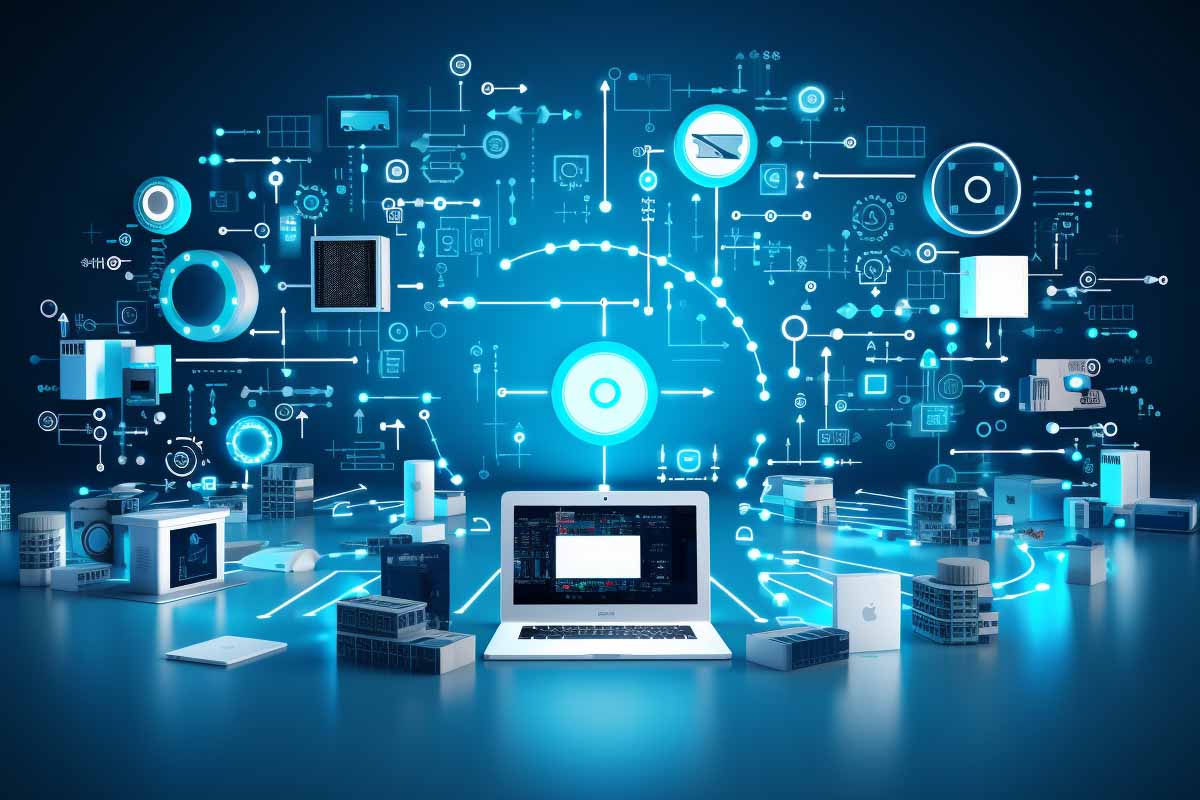
Computers have come a long way since their early days as mechanical calculating machines. Today, they are an indispensable part of our daily lives, powering everything from smartphones and laptops to complex scientific research and industrial processes.
The Early Days of Computing:
- Mechanical Calculators: Some of the earliest computers were mechanical devices designed to perform basic arithmetic operations. Notable examples include Blaise Pascal’s Pascaline and Charles Babbage’s Analytical Engine.
- Electronic Computers: The development of vacuum tubes and transistors led to the creation of the first electronic computers in the mid-20th century. These machines were much more powerful and versatile than their mechanical predecessors.
The Personal Computer Revolution:
- The Microprocessor: The invention of the microprocessor in the 1970s made it possible to build smaller, more affordable computers.
- The Home Computer Era: The 1980s saw the rise of the home computer, with models like the Apple II and Commodore 64 becoming popular among consumers.
- The Personal Computer Revolution: The 1990s witnessed the widespread adoption of personal computers, fueled by advancements in software and networking technology.
The Rise of the Internet and Mobile Computing:
- The Internet: The development of the internet in the 1990s transformed the way we communicate, access information, and conduct business.
- Mobile Computing: The proliferation of smartphones and tablets has led to a surge in mobile computing, making it possible to access and use computers on the go.
The Future of Computing:
- Artificial Intelligence: AI is rapidly advancing and is being integrated into a wide range of applications, from self-driving cars to medical diagnosis.
- Quantum Computing: Quantum computing has the potential to revolutionize computing by solving complex problems that are currently beyond the reach of classical computers.
- Cloud Computing: Cloud computing has made it easier for individuals and businesses to access computing resources on demand, without the need for expensive hardware.
As computers continue to evolve, they will undoubtedly play an even more central role in our lives. From education and entertainment to business and research, computers are shaping the way we live, work, and interact with the world.

